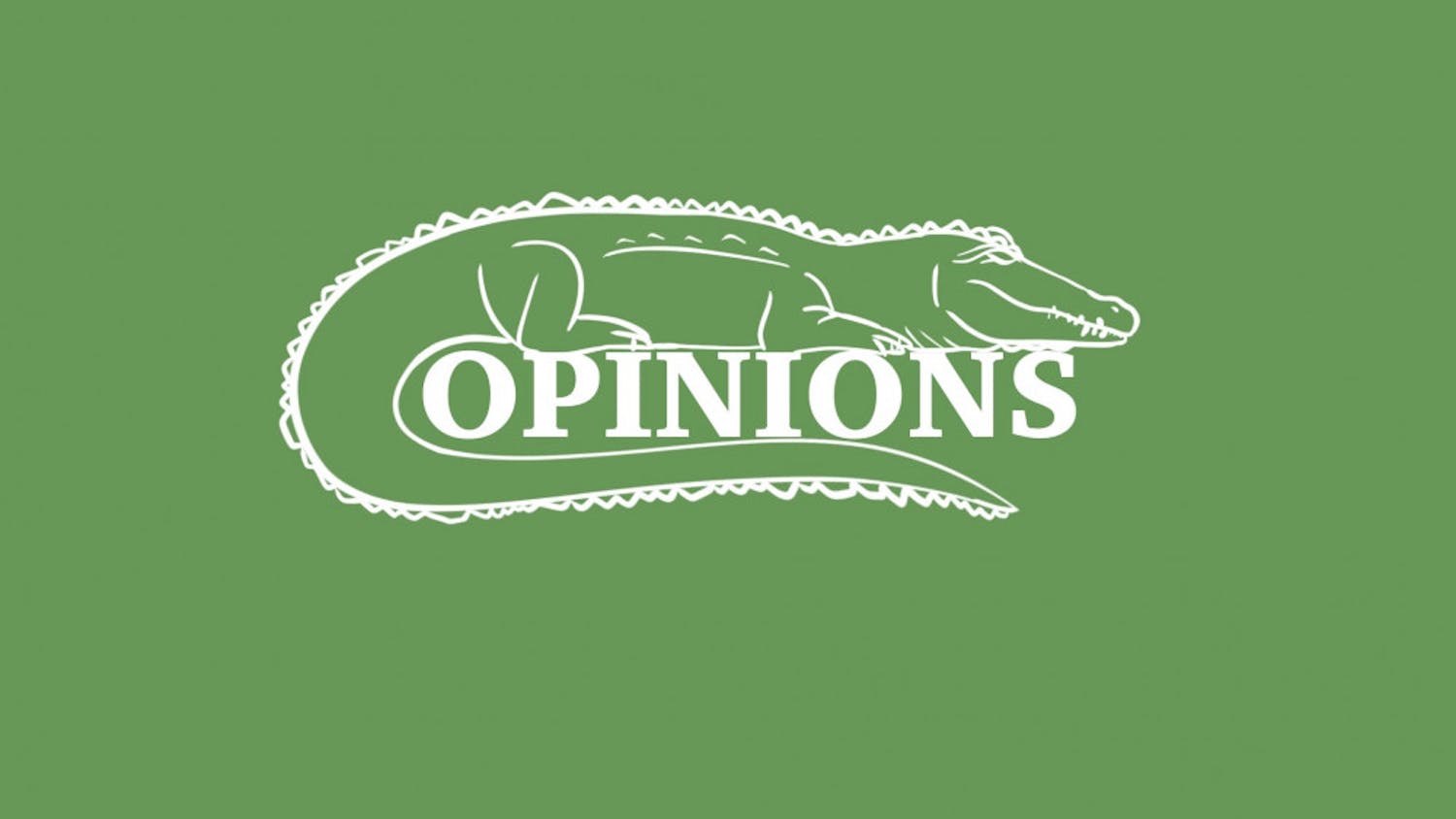Several weeks ago, I showed up to my friend Katie’s house to watch TV.
“Sorry I’m late,” I said. “I was at a wine bistro with my friend.”
“Ooh, your friend?” she said. “That sounds exciting.”
“Yeah, my nonexistent secret boyfriend,” I said.
Katie smirked.
“You could have a secret boyfriend if you told three people,” she said.
I didn’t used to care about privacy, and in some ways, I still don’t. It’s probably true that I couldn’t keep a secret boyfriend a secret to save my life, and if I have a good story to tell, all of my friends have heard it at least once.
But somewhere along the way, I realized that the more personal information I exposed to the world, the more vulnerable I was to getting hurt. It’s not that I’m dishonest or super secretive now, but I have learned that privacy isn’t an abstract concept.
When people know everything about you, they hurt you. It doesn’t mean they’re villains; it just means they’re human. Telling people your secrets is like giving away parts of yourself, and if all your social network “friends” or everyone on your text Listserv knows every detail of your private life, they own you. I don’t think our generation places much value on privacy. We’ve been raised on reality shows that value voyeurism, and social networking sites encourage spilling your guts to everyone on your friends list.
When those “25 Things” lists were infecting Facebook, I learned more personal information than I ever cared to about people I barely knew. I don’t need to know that your current girlfriend is the one you think you’re going to spend your life with. That’s going to be awkward when you break up in a month.
Cell phones might enable privacy when you’re a teenager with younger siblings who listen in on landlines, but I’ve overheard enough cringe-worthy conversations on the bus to know that cell phones have probably exposed more information than they’ve protected. I don’t want to hear your conversation about your weekend hookup or your phone call to your bank where you list your social security number, birthplace and mother’s maiden name — yes, this really happened once.
I’m even protective of my music. If I have friends in my car and my iPod is playing, I’ll only let my close friends change the playlist. Giving people access to your music — I used to have a playlist titled “depressing songs” — is like giving them the key to your underwear drawer: highly personal and highly embarrassing.
We read our gossip blogs, watch “The Hills” or stalk our newsfeeds, and we don’t think anything of it. But I feel like I’m selling my soul with the need to know everything about other people — because suddenly, other people also want to know everything about me.
I don’t trust mankind enough to be able to cry on the phone in the middle of the hallways of my college or to express deeply personal feelings on my blog, Twitter or Facebook. Privacy should be linked to trust. I tell my closest friends everything, but that group is about 10 people. Beyond that, I’m not going to reveal parts of myself in ways that leave me exposed.
It’s unfortunate, but I don’t believe the standards of privacy should change because technology and society allow us to expose so much more. People can’t read your mind for a reason. You shouldn’t enable them to.
Hilary Lehman is a journalism senior. Her column appears on Wednesdays.





